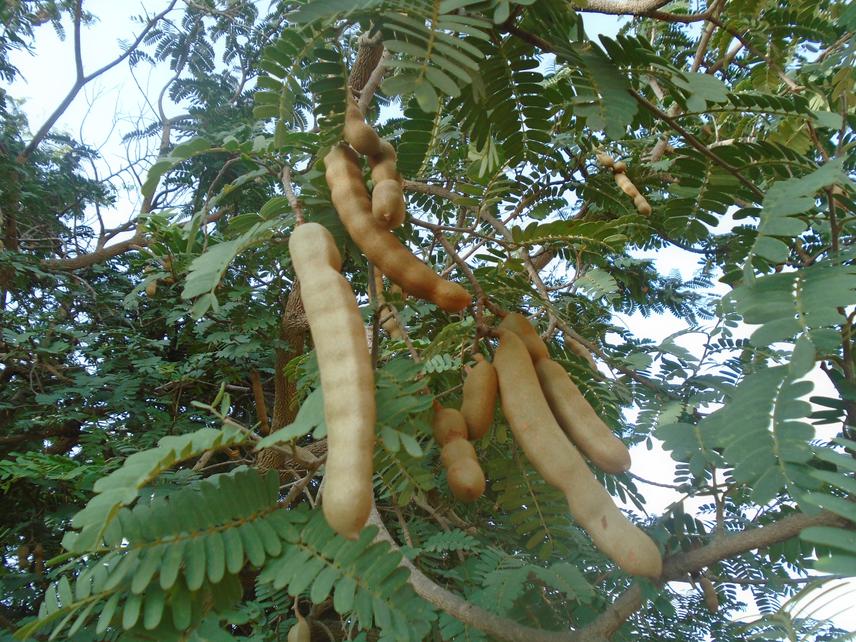Sambo Ouedraogo
The interconnection between human activities, their evolution, their intensity, etc. induces a negative impact on the natural processes of climate regulation. The global climate change impacts vary across regions, countries and different economic sectors. Prioritizing and conserving in-situ fruit species, cultural species and traditional medicine tree species to restore local community forests is of great interest. Scientific studies have already focused on these types of species, but they are mostly isolated. Given the high rate of poverty in sub-Saharan Africa, which, on the one hand keeps rural populations dependent on forest resources, and which makes many people reluctant part of populations to the action of resource protection, on the other hand, it is advisable to focus on the food, cultural and medicinal fields to convince them for conservation actions.

Tamarindus indica fruit. The species is a local value fruit tree whose narural regeneration is difficult. © Sambo Ouedraogo, September 2016
This study will be carried out in Burkina Faso, in the Sudano-Sahelian zone. The Sudano-Sahelian zone is the part of the country which straddles the Sahelian zone (degraded climatic conditions) and the Sudanese part (climatic conditions are still favorable). For this purpose, two (02) communal forests and their neighboring populations will be selected. The sample sites are located around the towns of Ziniaré (Municipality Zitenga) and Manga (municipality of toécé).
The project will focus on:
(i) Identification of fruit, cultural and medicinal plants used by the populations living near two communal forests.
(ii) assessing the status of the populations the target species by phytosociological and dendrometry surveys within each community and each forest.
(iii) developing endogenous sustainable strategies to reduce communal forests vulnerability by target species by Nursery establishment and Creation of half-moons within communal forests.
This project aims to face this challenge by training people on the ground, empowering Indigenous people to base on their deep triple link with plants (food-medicine and culture) to manage and protect their own forest. It is widely approved that indigenous People already know their local forests better than anyone and offer a unique perspective on forest conservation. By equipping them with the technical knowledge needed to manage and protect these landscapes, they can improve the restoration and conservation of the targeted species and the local forests, the health of the environment and preserve invaluable ecosystem services for future. This will restore the ecosystem and contribute for environmental education for future generations.
Header: Village’s forest of Razougtenga,Zitenga. October 2020. © Sambo Oueraogo.